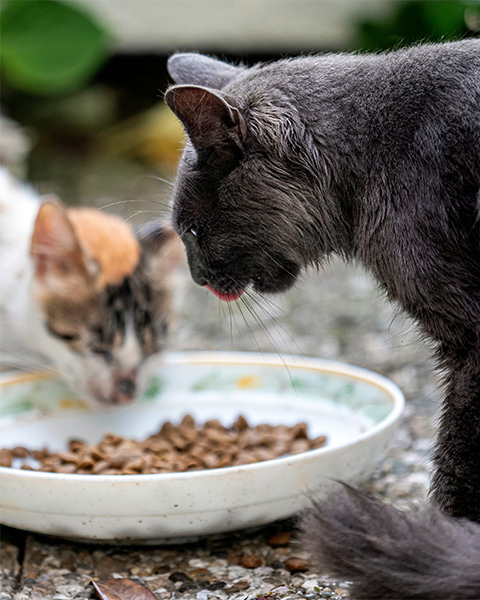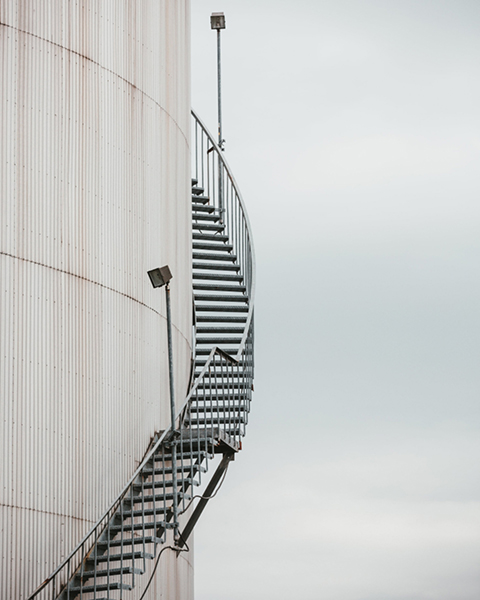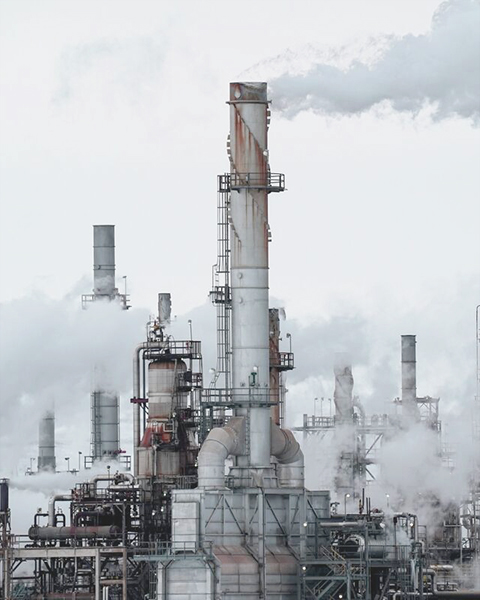Raw pressing and cooked pressing: a detailed comparison of oil press technology
2023-11-23
In the field of oil pressing, the choice of oil pressing process will have a profound impact on the quality, taste and applicable scenarios of the final oil product. Among them, raw pressing and cooked pressing are the two main processes. These two methods have their own characteristics and are significantly different in the way of oil extraction, oil quality and yield. Through this article, we will delve into the unique features of these two processes to help you better choose the oil press process that suits your needs.
![]() Raw pressing process-Gentle handling
Raw pressing process-Gentle handling
· Cold pressing method:
Raw pressing mainly adopts cold pressing process, which is carried out at relatively low temperature. This ensures maximum retention of natural properties during the oil extraction process.
· Advantage:
Maintaining the original flavor: raw pressing retains the natural flavor, color and nutrients of the oil to the greatest extent, and the oil is clear and transparent.
The requirements for high-quality raw materials are relatively low: they are relatively ripe and pressed, and the processing requirements for raw materials are relatively low.
· Disadvantage:
Low oil extraction efficiency: Due to low-temperature extraction, the oil yield is relatively low.
Slow oil extraction speed: At low temperatures, oil has poor fluidity and the oil extraction process may be relatively slow.
![]() Ripe pressing process-High temperature treatment
Ripe pressing process-High temperature treatment
· Steaming or frying:
Cooking and pressing process the raw materials at high temperatures to make the oil in the oil flow out more easily.
· Advantage:
Efficient output: Compared with raw pressing, cooked pressing has a higher oil yield and is suitable for large-scale production.
Faster oil extraction: heating improves the fluidity of oil and the oil extraction process is relatively fast.
· Disadvantage:
Loss of flavor and color: High-temperature treatment may cause the loss of some nutrients and flavor, resulting in a relatively turbid oil and a darker color.
Higher requirements for raw materials: Compared with raw pressing, cooked pressing requires higher processing requirements for raw materials.




